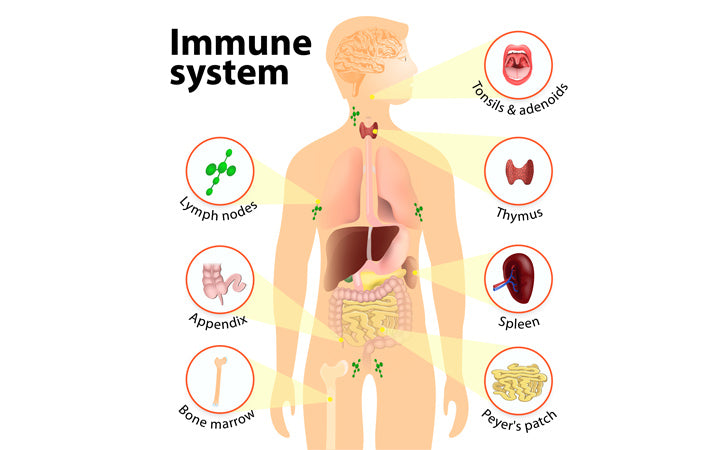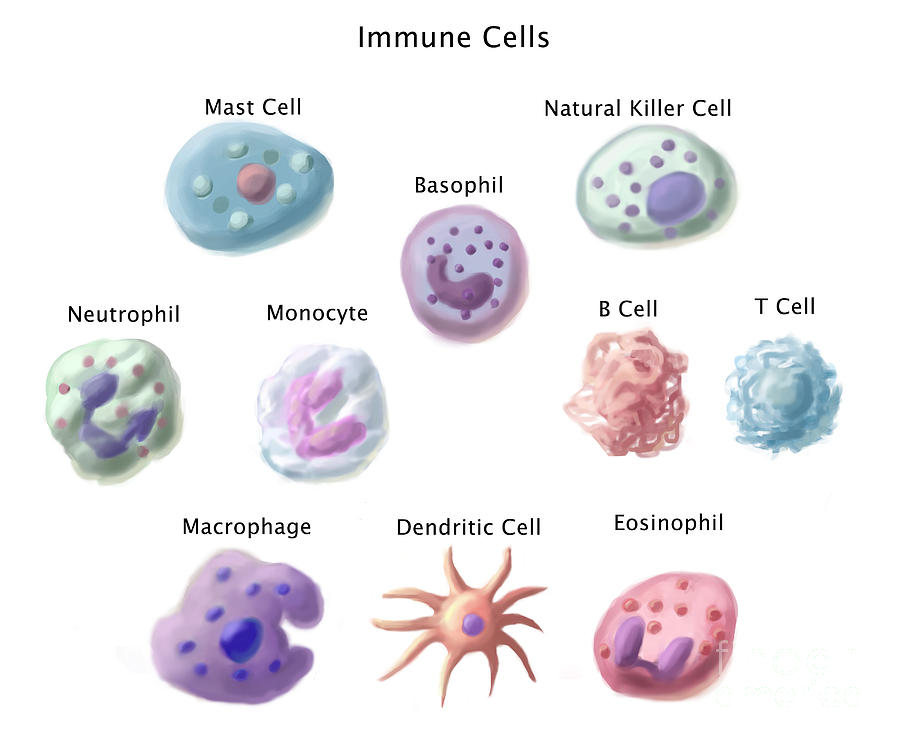

Nonetheless, uncertainty has remained regarding why the immune system, which is normally highly efficient at attacking abnormal cells, does not fight new tumours more aggressively. The conventional consensus among cancer researchers has been that when tumour suppressor genes become defective, cells just begin to grow and divide uncontrollably in an uncalculated fashion. In fact, tumours were seen to have far more genetic tricks for fighting off the body’s defences than scientists previously thought. Unexpectedly, tumour suppressor genes and the immune system were found to be in an evolutionary arms race battle. These evasion techniques often occurred in a tissue-specific manner.Įssentially, these findings revealed that cancerous mutations are largely driven by tumours needing to avoid the adaptive immune system. Moreover, these mutated tumour suppressor genes triggered mechanisms that prevented the immune system from locating and destroying cancerous cells. In mice with intact immune systems, it was found that over one third of tumour suppressor genes were defective. The scientists in this study investigated the requirements for tumorigenesis by performing in vivo CRIPSR screens of 7,500 genes in mouse tumour models, both with and without intact immune systems.Ĭomprehensive genetic analyses enabled the exploration of the relationship between tumorigenesis and adaptive immune selective pressures. When functioning normally, these genes block the growth of cancer and contribute to the healthy development of cells.


Recently, a team of researchers from Howard Hughes Medical Institute uncovered a surprising new action for defective tumour suppressor genes. Tumour suppressor genes fight the immune system Therefore, studies that implant human tumours into mice typically lack a comprehensive and detailed view of tumorigenesis. However, current mouse models that are commonly used to study cancer are often deficient of a full immune system. In reality, naturally evolving tumours must contend with a fully functional immune system as well as the destruction of some of its cells. Tumorigenesis is considered an evolutionary process, as in order to grow tumour cells must adapt to evade the body’s immune system. ‘ Tumorigenesis’ is the initial formation of a tumour in the body, whereby normal cells gain cancerous properties, such as fast proliferation and metastasis. Scientists have uncovered an unexpected relationship between the body’s immune system and tumorigenesis, which could prove useful for the development of future cancer interventions.


 0 kommentar(er)
0 kommentar(er)
